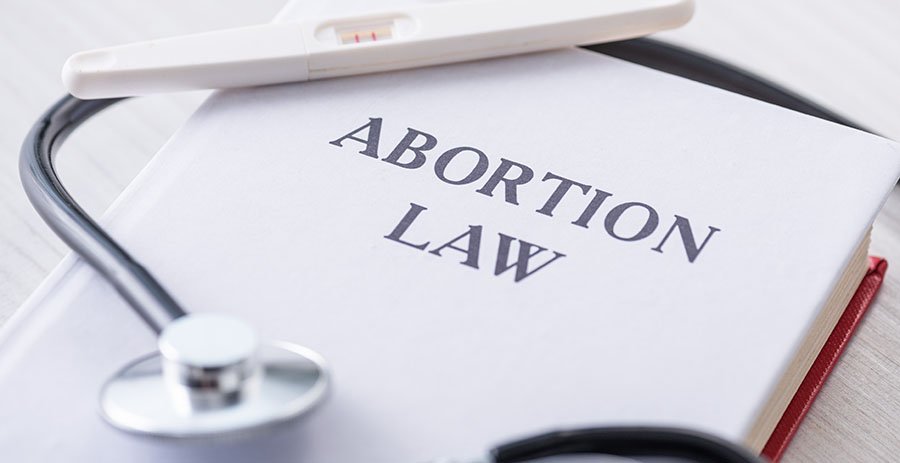abortion
GOP Moves Forward with Controversial Bill to Cut Public Funds for Abortion-Linked Clinics

Republican lawmakers in Arizona are pushing a bill aimed at eliminating public funding for facilities and clinics that offer or promote abortions. This measure, known as House Bill 2547, expands existing restrictions that already limit public funding for most abortions to emergency situations.
The proposed legislation passed the Senate Government Committee on March 19, moving forward along party lines, and is now awaiting a hearing from the Senate Rules Committee. If enacted, it would prevent the state from entering contracts or providing grants to anyone advising clients on abortion options.
Proponents of the bill acknowledged the recent approval of Proposition 139, which enshrines abortion rights in Arizona’s Constitution. However, they argue that taxpayer funds should not support facilities that promote abortion as a viable solution for unplanned pregnancies. U.S. Rep. Andy Biggs, R-Ariz., expressed strong support. “The crux of this whole issue is whether the taxpayer should be paying for that promotion,” he stated.
Opponents, including medical professionals and reproductive rights advocates, have criticized the bill as an attempt to undermine Proposition 139. They warn that it could restrict health care access, particularly affecting low-income individuals who depend on publicly funded clinics. The bill may also infringe upon First Amendment rights.
Jeanne Woodbury, a lobbyist for Planned Parenthood Advocates of Arizona, highlighted a potential consequence: “If a doctor refers someone to get an abortion, they can’t receive Medicaid reimbursement for those services,” she stated, adding that the repercussions could extend to hospitals providing emergency care.
Experts like James G. Hodge Jr. from Arizona State University expressed concern over the bill’s implications, noting that it could financially cripple abortion providers, ultimately threatening their operational viability.
This legislative effort reflects a broader national trend, with several states enacting restrictions on abortion and defunding organizations such as Planned Parenthood. The drive to limit abortions has intensified following the U.S. Supreme Court’s decision to overturn Roe v. Wade in 2022, which effectively removed the constitutional right to abortion.
As of now, 37 states have laws that restrict public resources for abortion services. Many of these state laws align with federal regulations that permit funding for abortions only in emergencies.
The Arizona bill mirrors a similar situation in South Carolina, where legislation is under review by the U.S. Supreme Court. The case, Medina v. Planned Parenthood, seeks to determine if South Carolina can bar Planned Parenthood from receiving state Medicaid funding, following the state’s governor’s directive in 2018 to terminate agreements with clinics that perform abortions.
The outcome in South Carolina could significantly influence the future of Arizona’s House Bill 2547. Abortion-rights advocates in Arizona are hopeful that the bill does not progress further.
In a recent statement, Erika Mach, chief external affairs officer for Planned Parenthood Advocates of Arizona, urged Governor Hobbs to veto the proposed legislation, calling it an attempt to silence health care providers and undermine essential reproductive health services. “The bill seeks to defund crucial services such as birth control, cancer screenings, and STI treatments,” she emphasized.


















